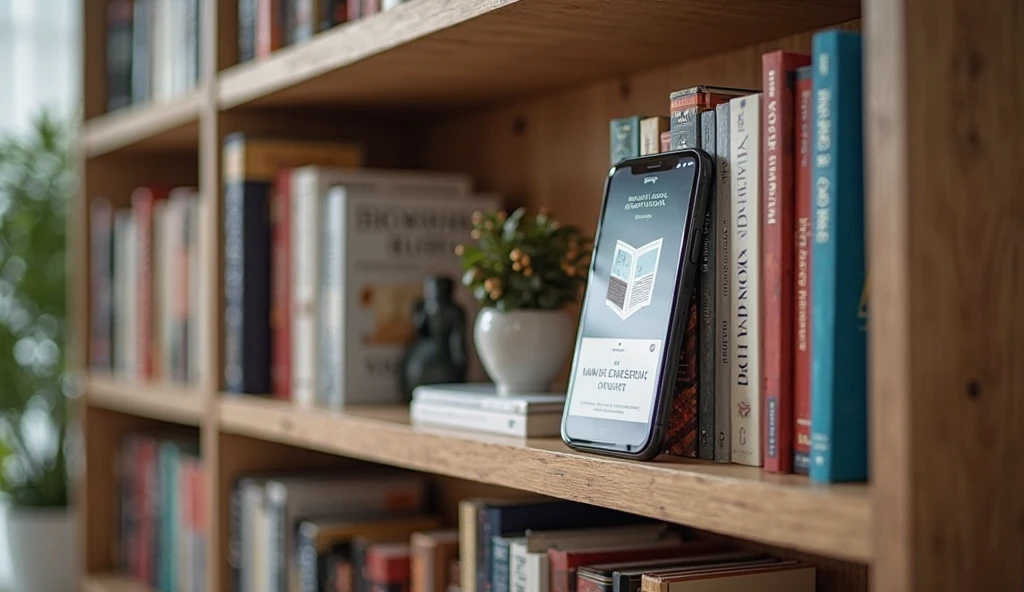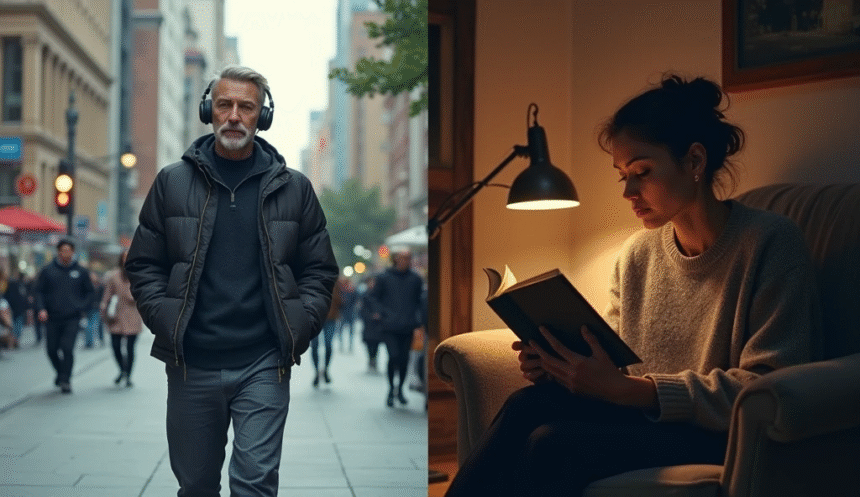In 2025, we’re surrounded by more ways to consume stories than ever before—traditional books, eBooks, podcasts, and most notably, audiobooks. Once seen as a niche format, audiobooks have now exploded into the mainstream, thanks to platforms like Audible, Spotify, and even TikTok’s BookTok offshoots. But as audio content becomes dominant, a question lingers:
Are we actually reading less, or just reading differently?
The Rise of Audiobooks
Audiobooks have seen record-breaking growth in the last five years. With global audiobook sales expected to hit $8 billion by the end of 2025, it’s clear that readers are shifting how they interact with literature.
Why the surge?
- Multitasking culture – People listen while commuting, exercising, or doing chores.
- Accessibility – Audiobooks make reading easier for those with dyslexia or visual impairments.
- Narrator-driven storytelling – Many audiobooks are now full productions, with celebrity voices, sound effects, and immersive experiences.
It’s no surprise Gen Z and millennials are leading this charge, prioritizing flexibility over format.

Print Books Still Hold Power
Despite digital advances, print books remain resilient. Physical book sales continue to perform well, especially during holiday seasons and in genres like nonfiction, self-help, and children’s books.
Key reasons people stick to print:
- Deeper retention – Studies suggest people often remember more when they read vs. listen.
- Distraction-free – No notifications, autoplay, or internet temptations.
- Tactile experience – The smell of a new book, the feel of turning pages—nothing beats it for some readers.
Is Listening Really “Reading”?
This is where the debate heats up. Some critics argue that audiobooks lack the depth of traditional reading, especially when it comes to literary analysis or critical thinking. Others insist that audiobooks stimulate the same parts of the brain and are equally valid forms of comprehension and learning.
What matters most may not be how we read—but that we’re engaging with content in the first place.
TikTok & the Digital Reader
On platforms like TikTok and Instagram, short-form content has reshaped attention spans—but it’s also revived interest in books. “BookTok Made Me Read It” is still a viral trend in 2025, with thousands of users sharing reviews, annotations, and audio snippets.
Some creators even recommend listening to audiobooks while flipping through the physical copy for dual sensory retention.

So… Are We Reading Less?
The answer is complicated. While print reading may have declined slightly, total time spent consuming books—whether by reading, listening, or hybrid formats—has increased overall. We’re not necessarily reading less. We’re just adapting to new formats that fit a modern lifestyle.
Final Take
Books vs. audiobooks isn’t a war—it’s a spectrum. Both formats serve different needs, and in a fast-paced world, it’s encouraging that people are still hungry for stories, knowledge, and escapism. Whether you’re flipping a page or pressing play, you’re still nourishing your mind—and that’s what truly counts.








